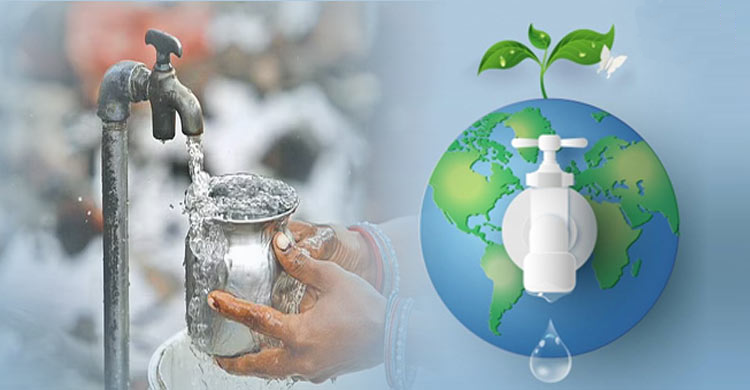The outlay is provided for meeting the immediate requirements of infrastructure facilities, economic activities and basic minimum needs of women and children.
It is intended to provide assistance for the following activities
-
Road, footpath,drainage facilities, sanitation within the settlement
-
Drinking water supply-Drinking water supply should be ensured by providing domestic connection in every house. (This component should be omitted where there are drinking water schemes including Jal Jeevan Mission).
-
Installation of solar lights/mini mast lights
-
Internet connectivity facilities

-
Solid and liquid waste management systems within the settlement
-
Renovation of Houses
-
Construction of toilet/making toilet fit for use
-
Construction/maintenance of community centres, community study centres
-
Maintenance of common assets within the settlement
-
Improvement of common facilities (including play area, Kavu and pool, burial grounds)
-
Construction of retaining wall (where there is a risk of landslides)
-
Well upgrading
-
Resettlements of tribes living in difficult conditions
-
Cottage industries
-
Construction and setting up of cultural center and library
Spill over commitments, if any, of the works undertaken by the Department under ATSP scheme and P.K Kalan scheme will be met from the scheme. The entire spill over works under ATSP and P.K Kalan scheme shall be completed in 2024-25itself.
To address the development problems among scheduled tribes, family/settlement based micro plan interventions are necessary. For this, projects and programmes shall be formulated based on a micro approachfor each family using participatory rural appraisal tools. The Scheduled Tribes Development Department and District Level Committees for SC/ST shall take a lead role in formulating the microplans and resource mapping and finalising the implementable action plans in extensive consultations with the line departments. Preparation of microplan which shall be approved by the District Level Committees for SC/ST (DLC for SC/ST) will be prepared on the basis of the data on socio-economic survey conducted by the ST Department. The families identified under ‘Extreme Poverty Survey 2021-22’ of Rural Development Department shall be given priority.All possible efforts will be taken to convergeall the schemes of the Scheduled Tribes Development Department and also the scheme of Local Self Governments, LIFE Mission, MGNREGS, Health, Education, Kudumbashree, Integrated Child Development Scheme (ICDS), National Social Assistance Programme (NSAP) and programme and schemes implemented by different Development Department/Agencies using Central and State fund. The approval and implementation will be as per Government order. In the first phase, 162 settlements will be selectedacross the state by ST Department on the basis of relative vulnerability and backwardness for the preparation of the Micro Plan. The Sub plan Cell of the ST Directorate will coordinate the preparation and implementation of the Micro Plan.
Two interns with post graduation in social science can be appointed in the Sub Plan Cell of ST department for supporting the preparation and implementation of the Micro Plan. This intern should also assist in the monitoring of STC (Scheduled Tribe Component) under Ministry of Tribal Affairs. At present STC funds of GOI are utilized by several development departments and hence a proper monitoring is needed for the effective utilization of resources.
An amount of ₹ 4000.00 lakh is provided for the above scheme Based on gender disaggregated data 75 per cent fund will be going to women beneficiaries.
